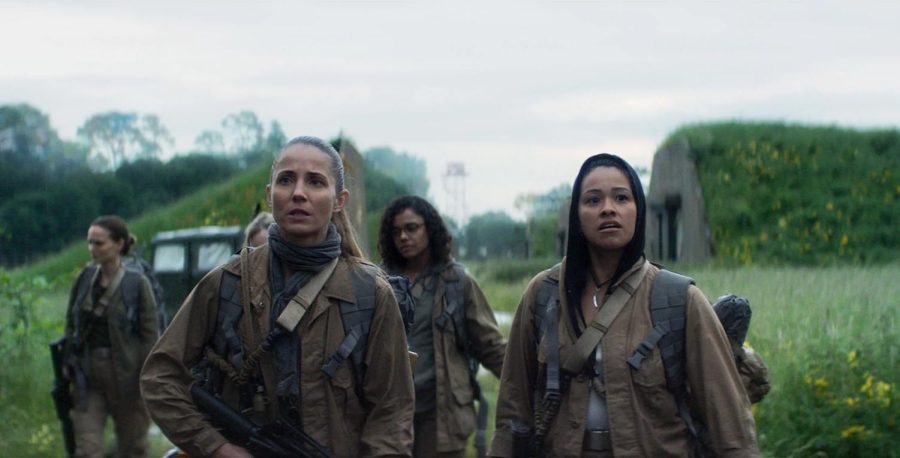Feminism Through Annihilation
It seems that now you cannot create a piece of entertainment without a finger being pointed at you.
Names like Marvel and Disney are now met under the public eye with intense scrutiny. The increasing use of remakes and remasters doesn’t demonstrate how far we’ve come, but instead, demonstrates how we’ve run out of ideas.
Viewers are yearning for difference, but are instead met with inescapable mediocrity.
The biggest example of this mediocrity is how the media stands the test of time. “Tintin” is a comic about a young protagonist reporter, who travels the world and clashes with various villains. The story is extremely endearing, but only recently has the story been hated for its portrayal of different ethnicities and locations.
While these comics can be extremely unacceptable, the concept of canceling a possible integral part of someone’s identity is polarizing. If these pieces of media are removed, you could be possibly severely alienating an audience. While you could ban a piece of media off the face of the earth, things like racism need to be talked about and acknowledged. Instead of outlawing something, people should teach why it should be outlawed, but why it was created in the first place.
Some films execute this point with flawless precision, creating a modern and enjoyable watch, while others form stories that are told like a dodgy uncle.
This can also be applied to feminism in film. As a concept, feminism has been explored quite thoroughly in recent memory. Some examples are She-Hulk: Attorney at Law, Wonder Woman 1984, and Ghostbusters. These supernatural films have been previously dominated by men, and while it is good to see women represented in the remakes, an issue arises.
Because these stories were written with male characters, a huge portion of the characterization is hyper-masculine. This sort of brotherly, raw style of characterization is applied to women and ends up butchering what makes feminism such an interesting concept in the film- equality.
Masculinity, when applied to a different-gendered character, does not equate to feminism.
An example of well-represented feminism within a film is Annihilation; a sci-fi cosmic horror flick that sports a team of capable female leads. The characters include Lena, a cellular biologist and a cheating wife, Dr. Ventress, a psychologist and a patient of cancer, Sheppard, an anthropologist and a grieving wife, Anya, a paramedic and a former addict, and Josie, a physicist with prior self-harm. Each of these characters presents flaws that don’t detract from the character, but rather express what makes them so expressive and unique. Feminism in this film is represented through differences and the ability to overcome said differences. Equilibrium.
For a terrifying, yet beautiful film that also creates a clear statement on how we as people interact with each other, check out Annihilation, as this film ran under the radar for most. You can find it on Netflix, Paramount Plus, Roku, Prime Video, Vudu, or Apple TV. It’s a wonderful choice for the spooky season. This film is able to capture equilibrium, and a good watch is a good watch. Happy Halloween everyone.
Ciaran is a freshman at Truckee High School. As this is his first year going into Journalism, he strives for stories that include film, music, reading,...


